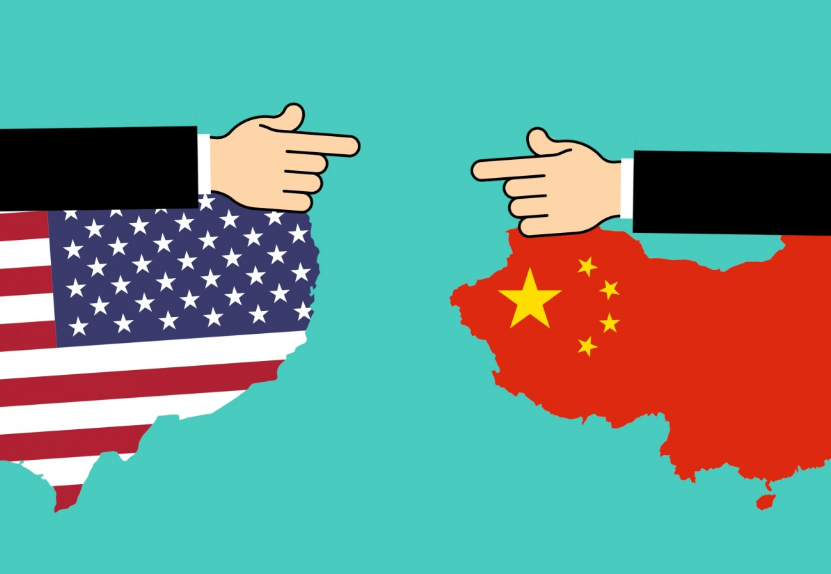Cryptocurrency Markets React to U.S.-China Trade Tensions

Cryptocurrency markets experienced turbulence following China’s announcement of a 34% retaliatory tariff on U.S. goods, set to take effect on April 10. This move came in response to President Donald Trump’s aggressive tariff hikes, escalating tensions between the world’s two largest economies. The uncertainty surrounding the trade conflict has led to increased volatility in financial markets, with Bitcoin dropping 1.1% over 24 hours to $82,163, while XRP saw a slight increase to $2.04. Investors are closely watching how further trade restrictions might impact global markets and digital assets.
Historically, Bitcoin and other cryptocurrencies have been viewed as alternative assets during periods of economic instability. However, recent trends suggest that digital assets are increasingly correlated with traditional financial markets, as seen in the simultaneous decline of crypto and stock market futures. The S&P 500 experienced its worst trading day in five years, dropping nearly 3% as fears of a prolonged trade war intensified. Analysts suggest that if tensions continue to rise, cryptocurrency markets could see further sell-offs as investors seek safer assets like gold and government bonds.
Despite short-term price declines, some experts believe the current trade dispute could strengthen cryptocurrency adoption in the long run. As global economic uncertainty grows, digital assets may become more attractive to investors seeking alternatives outside government-controlled currencies. Additionally, some crypto advocates argue that decentralized finance (DeFi) and stablecoins could play a role in facilitating international trade without reliance on traditional banking systems. Whether crypto markets recover or face prolonged bearish pressure will depend largely on how U.S.-China relations unfold in the coming months.




